- Laboratory
- Forensic
- Expungement
- Centers for Medicare & Medicaid Services
CLIA Certificate of Compliance for High Complexity Clinical Laboratory - EPA Environmental Protection Agency
Ambient Air and Drinking Water Testing - Food Science Laboratories are accredited by ANAB to ISO/IEC 17025:2017 for Testing Laboratories, Certificate AT-2054
- Forensic Biology/DNA, Toxicology and Drug Chemistry Laboratories are accredited by ANAB to ISO/IEC 17025:2017 for Testing Laboratories, Certificate FT-0004, Federal Bureau of Investigations DNA Analysis & CODIS
- Rhode Island Department of Health - In-State Analytical Laboratory Certificate
- Rhode Island Department of Health - In-State Clinical Laboratory License
 Rhode Island Department of Health
Rhode Island Department of HealthState of Rhode Island
Department of Health
